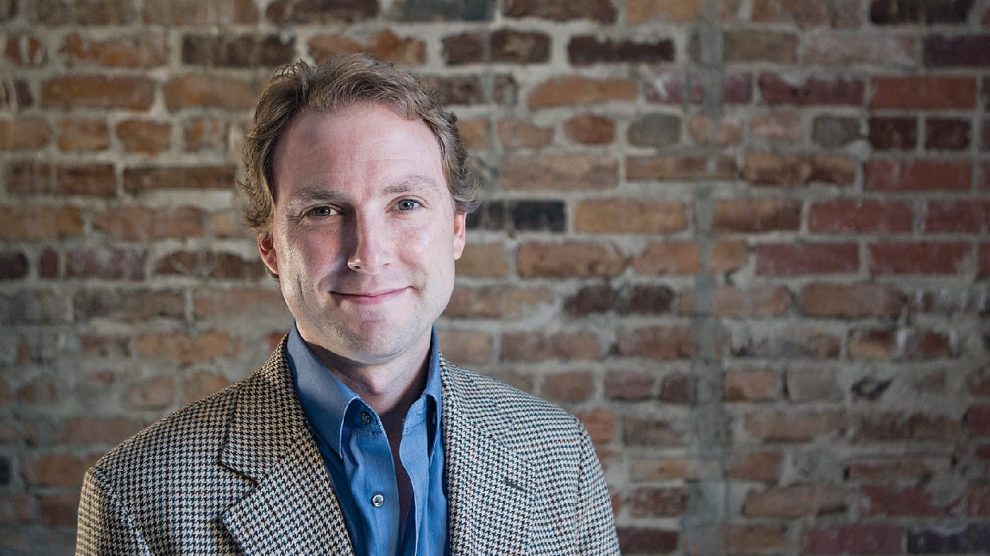Theological education is a vital part of the success of the global church and for those who serve in ministry vocationally. Dr. Heath Thomas, dean of the Herschel H. Hobbs College of Theology and associate vice president for church relations, discusses the Hobbs College, the benefits of an OBU degree and the future of theological education at OBU.
Why is it important to study theology?
As a discipline, theology arises from the Scriptures and gives us a way to understand major questions in life: who is God, and who are we? What does it mean to be human, and how do we live with purpose and fulfillment in our world? What is the good life, and how do we attain it? How do we begin to make sense of the wrong and injustice in our world? What is God doing to set it right? What can we call “hope” and how do we embrace it? These are fundamental questions all people ask in some form or another, and Christian theology provides the framework for coherent answers.
Why should students come to OBU to pursue a degree in the Hobbs College?
As a distinctively Christian liberal arts university, OBU provides a fantastic context for personal growth and learning. Students will find uncompromising academic rigor matched with unrivaled ministry relevance. In a diverse and post-Christian world, students need both rigor and relevance to be faithful to Jesus and winsome in their lives. Whether in apologetics, ministry, philosophy, religion or Bible, students will engage both aspects to holistic education.
What sets a Hobbs College degree apart from other Christian universities?
Students who commit to the Hobbs College at OBU will learn with a world-class faculty who is committed to see them grow and experience success. They will develop skills necessary to engage a diverse world and live in a manner worthy of the high calling of Jesus Christ. They will also acquire academic and ministry expertise that will prepare them for teaching, leadership and church-related vocations. Finally, they will gain life-long friendships in a community of scholars who are committed to Christ for the sake of the world.
When students graduate with degrees from the Hobbs College, what are they prepared to do?
Each student has their own story, but we have seen Hobbs College students graduate with the skills necessary to take them directly into ministry positions at local churches, the academic skills that enable them to matriculate into graduate degrees, and the practical skills that pave the way for them to move into para-church ministries and non-profit organizations. OBU and the Hobbs College have a very strong track record of placement after graduation, so graduates can be assured of finding a place to serve.
What does the future of the Hobbs College of Theology and Ministry hold at OBU?
The future is very bright for the Hobbs College. We will continue to combine uncompromising academic rigor with unrivaled ministry relevance to equip our students for ministry, teaching and leadership. We will continue to place students at tier-1 universities, seminaries and divinity schools in order to train the next generation of thought leaders. We will continue to place students in ministry positions all across the land. We will continue to think in the future tense about the needs of the church and world and then stretch to meet those needs.
One exciting initiative that I am pleased to announce is a multi-year joint-publishing venture that will serve our churches through our faculty. Along with B&H Academic, the Hobbs College will publish a 21-volume library set devoted to training Christians in the basics of Bible, Theology, and Applied Theology. So B&H Academic will publish the Hobbs College Library (HCL) at a rate of 3 volumes per year until the library is complete. Readers will work through foundational topics written by world-class scholars in a readable and digestible manner, covering the story of the Old and New Testaments, the story of the Bible, basics of theology, everyday ethics, everyday apologetics, the meaning of mission, and leadership by the Book. This is an exciting initiative that will serve the church very well.
What has your experience been like so far at OBU?
Coming to OBU [as dean in December 2015] has been like coming home. Of course OBU has been known for the strong academic profile since its inception. That is one of the reasons I came to this institution in the ’90s for my bachelor’s degree. That excellent education formed and trained me. It gave me the wings to fly into graduate and postgraduate education. It has stayed with me. My story is not unique, though. Many others came through this school with me and now serve in ministry, higher education, postgraduate institutions, and in leadership. It has been very gratifying re-connecting my story with these stories in the very house that ‘built’ me professionally.


